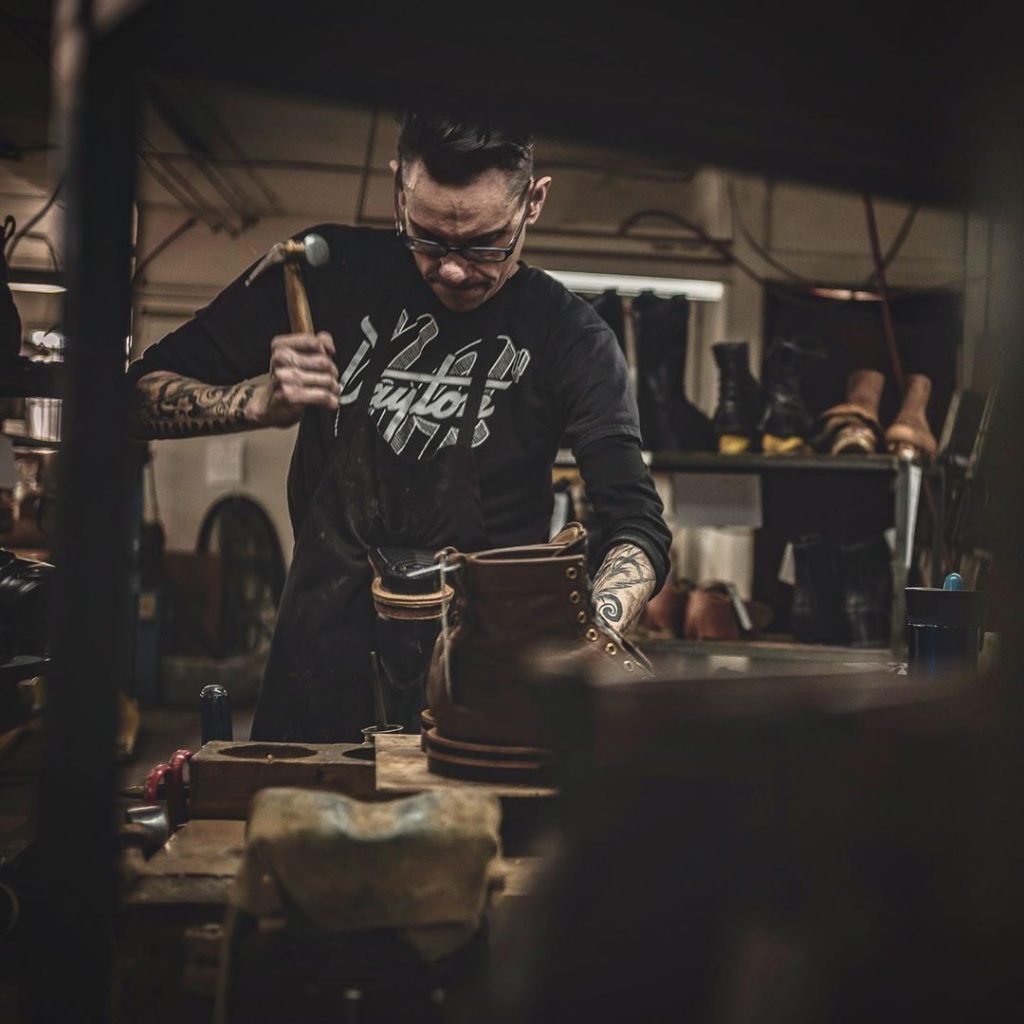In an interview with Pacific Rim magazine, Dayton Boots explains why they continue to ensure their boots are made in Canada.
In a world where the lowest costs rule, Vancouver's Dayton Boots stands out by continuing to make their boots on Canadian soil instead of outsourcing. Dayton Boots' Stephen Encarnacao explains to Pacific Rim Magazine why size isn't everything.
Dayton Boots has been producing top quality leather footwear in Vancouver since 1946. How have you been able to remain local for 65 years?
We have a great following. We have people who are now third-generation Dayton buyers. They have always been happy with the kind of quality and durability that we've made. Dayton Boots has become synonymous with making rugged, tough boots that people can depend on for their livelihood. I would say all of this is attributed to two things: a loyal customer base and a company tradition in making a great quality product.
What is your opinion on outsourcing?
I think that for some companies it's the only strategy to survive. For companies that are long-term focused, I think it's a mistake.
Why have you decided to keep Dayton Boots local?
If we outsourced, we would lose something. We would not only tarnish our reputation for being stubbornly Canadian, but I think we'd lose something in the product quality. And certainly we would take something away from the soul of this brand. Our customer base has always trusted us to make an honest, high-quality boot that would be made here from the people who work here. Outsourcing really loses the spirit, the soul, and the integrity of the brand.
"Outsourcing really loses the spirit of the brand. "
— Stephen Encarnacao
How has staying local had a positive impact on your business?
One of the things that resonates with our customer base is not just the product, but the fact that it's made here. I think Canadians and Americans that come into the store love the fact that the product is made in Canada. I think that it's beginning to resonate that products being made domestically cost a little bit more, but ultimately, it makes sense. If you can make things here or buy things here, those jobs tend to stay here and I think it enhances the economy.

